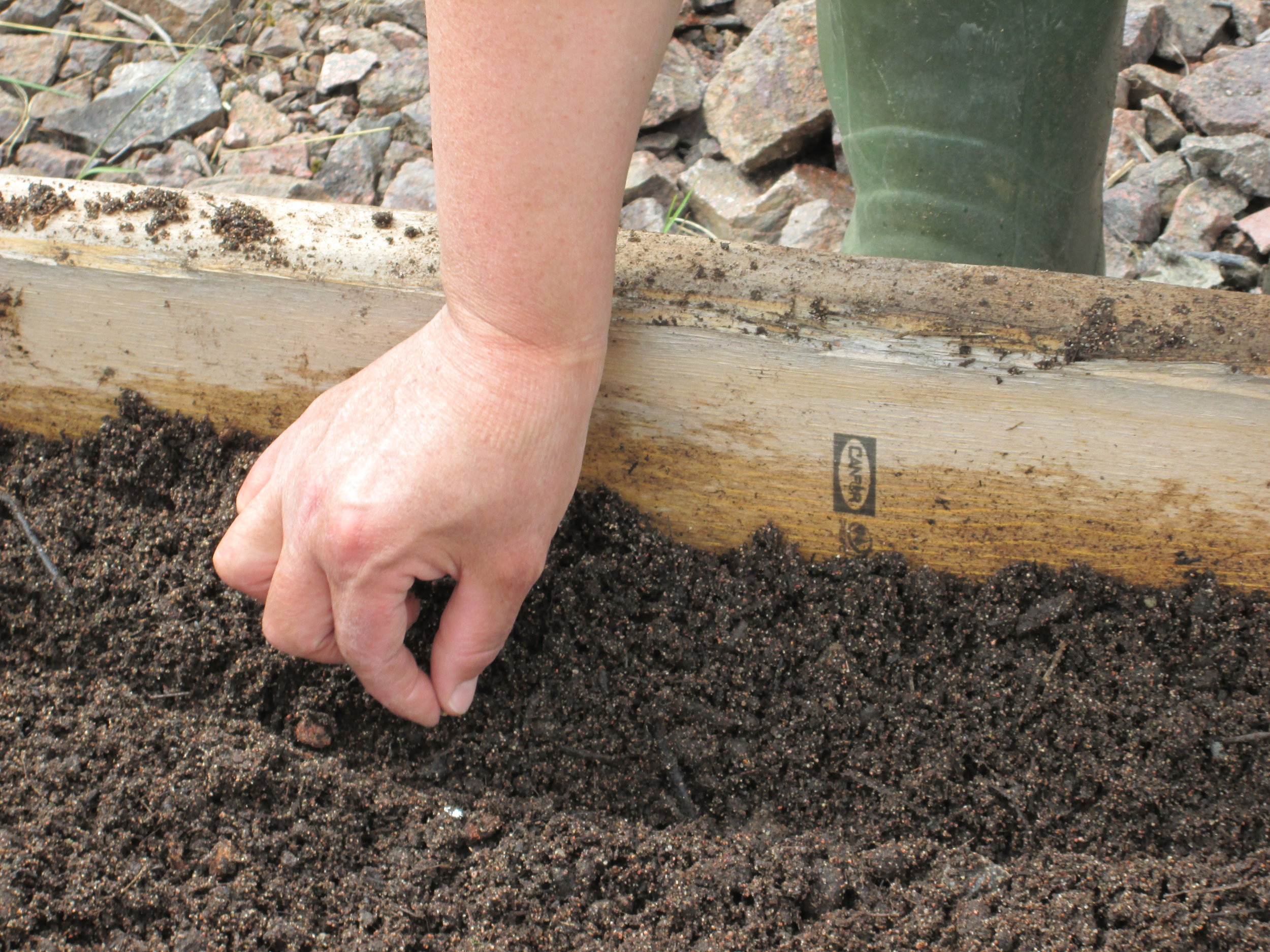Supporting Gardening Programs in Hopedale & Rigolet
To increase residents' access to healthy, affordable produce, Backyard & Community Gardening Programs have been established in Rigolet and Hopedale. The beds help build community food self-sufficiency, and the program teaches the food skills & knowledge to tend to them.
Grown Food In Nunatsiavut
Grown food increases residents' access to healthy and affordable food, and reduces reliance on store-bought food. And there is a long history of gardening in Hopedale and Rigolet, dating back to the 1700s.
However, the initial high cost of building these gardens, and a decrease over time in the prevalence of gardening skills in these communities, as well as the unique challenges of growing food in a cold northern climate have stunted the prominence of gardening in these communities.
This program was established to empower residents to grow their own veggies like potatoes, turnips, carrots, spinach, cabbage, beets, onion, and calendula.
About The Program
The barriers to gardening programs in these communities were two fold: the initial cost of setting up gardening beds, and, limited experience in growing vegetables.
The program covers the cost of establishing a backyard or community garden (building materials, seeds, etc). The Programs also use a mentorship approach and workshops to improve individual gardening skills, and build a network of knowledgeable gardeners in Rigolet and Hopedale.
Each season in Rigolet, beginner gardeners are recruited into the Program and paired with local, experienced gardening mentors to learn to grow a variety of leafy greens, root vegetables, herbs, berries, and fruit.
What The program Achieved
In both 2016 and 2017, 10 out of 11 participants in Rigolet said they now felt confident they can maintain their gardens themselves.
Participating residents say their gardening skills have improved because of the program, including improved knowledge of soil mixing, spacing & harvesting plants, and cold weather maintenance. The program has also spurred the consumption and sharing of healthy food in these communities. In the first year alone, 73% of participants in Rigolet said they ate vegetables more regularly since participating in the Gardening Program.






